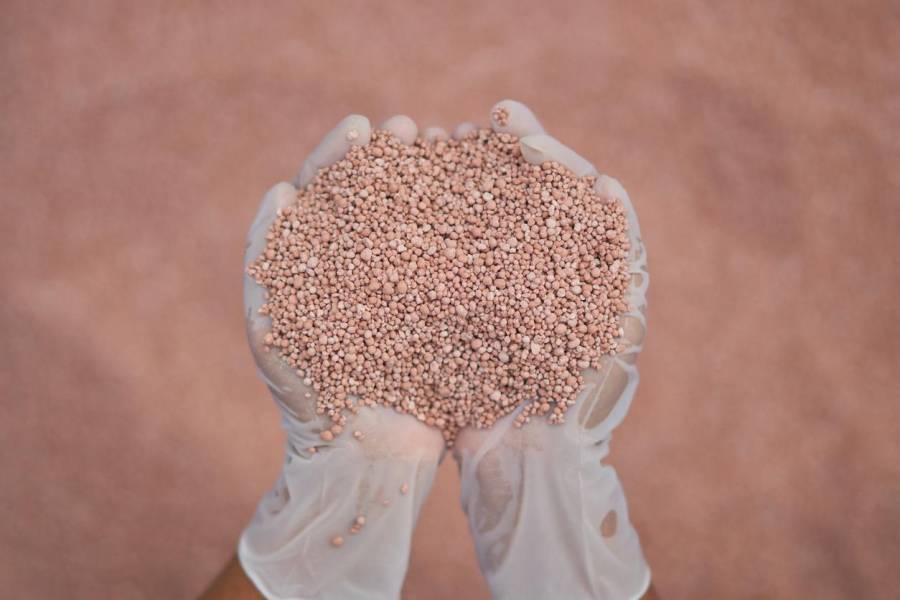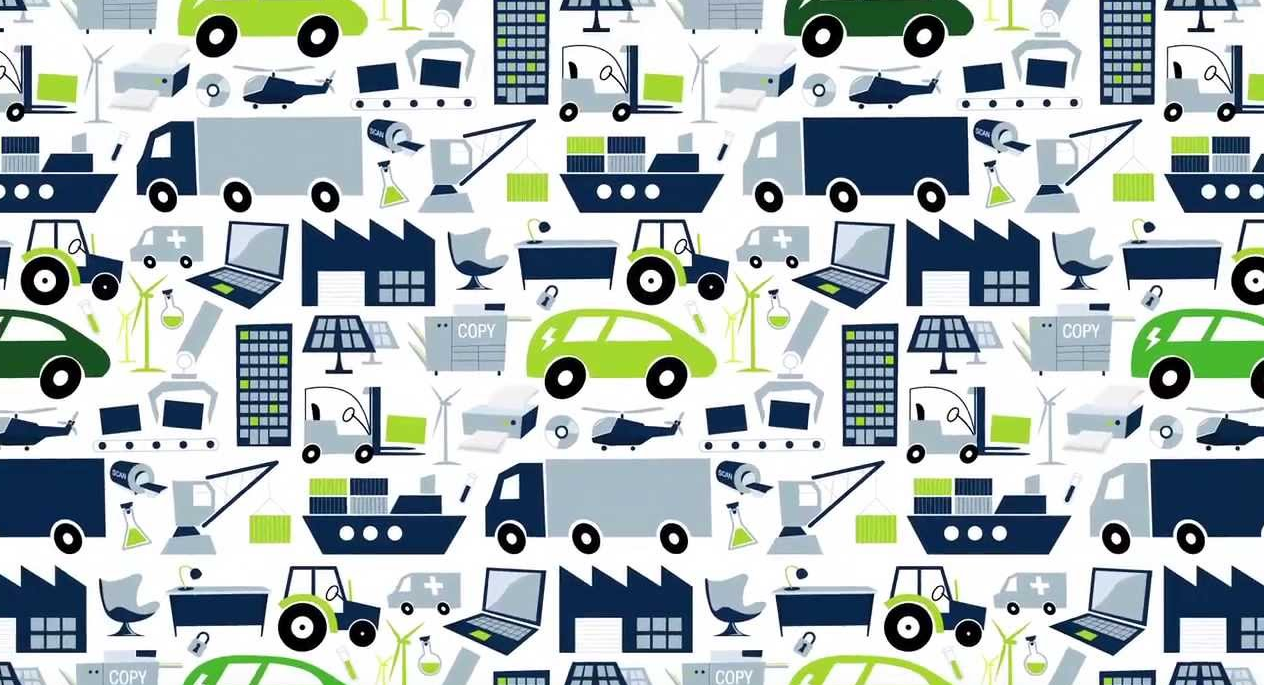
When one thinks of the mining industry, typically images of desolate landscapes, manual mining underground, and traditional technologies come to mind. However, in recent years the mining industry has seen a resurgence in innovation with the discovery of new mining techniques.
The industry also sits at the centre of an important global shift toward business with purpose, cleaner, greener mining techniques, and a focus on ESG principles that matter to investors — and the world.
Brazil Potash, a potash mining company with its flagship Autazes project in Brazil, is helping to define this new era of mining. They’re doing this through sustainable mining practices, a mission of improving fertilizer and global food security and stability, and implementing their own ESG principles from management to operations.
Emissions Goals
First, the company has set a goal of 79% lower carbon intensity for production than that of imports. Carbon emissions are a major contributor to climate change and must be reduced wherever possible. As a result of the company’s efforts to reduce Brazil’s reliance on potash imports, 210,000 tonnes of CO2 emission will be avoided each operating year just by reducing travel related to imports. On the production side, Brazilian electric power supply is around 84% renewable and to produce 2.2 Mtpy of Potash in Brazil the environment will receive around 1,060,000 t of CO2e less per year when we compare with the same amount of production in countries such as Canada and Russia.
The country’s agricultural sector currently relies on imports for 95% of its potash supply. This key nutrient for increasing crop yields relies on a global supply chain dominated by a handful of countries, exposing Brazil to food security risks and increasing its carbon footprint. With the Autazes Potash Project, the company is reducing emissions from operations, and by shifting production to a domestic model to reduce transportation emissions.
Social and Governance Policy
The company practices what it preaches, and has strict social and governance policies that lead the mining industry. There is 20% female representation in the company’s workforce, something that the previously male-dominated industry has not adapted to quickly in the past. Built into the company’s assessment of the project, they worked with a reputable advisor to conduct an ESG materiality assessment and develop an ESG strategy. This will lead to an ESG rating in the future.
This new era for mining companies also includes more consultation with local communities and benefits for economies. Brazil Potash is bringing direct benefits to thousands of lives in the communities in which it operates. For example, in 2021, the company conducted environmental monitoring on 3,500 hectares of land in the Autazes Project area to preserve remaining forests, monitor underground, and surface water resources, and preserve historical heritage.
During the COVID-19 pandemic, the company stepped up in major ways by vaccinating 9,000 people in remote regions, distributing over 2,300 food and hygienic baskets to socially vulnerable families, and donating food and support for school activities to 170 underprivileged children and their families.
A New Era
Most companies’ ESG initiatives only scratch the surface of what can be done for social responsibility. Brazil Potash is taking a comprehensive, whole-company approach to ESG, and the industry should look to them as a model for how to do it right.
This new mining era comes with a host of expectations for mining companies. Scrutiny is higher than ever, and companies that don’t meet these expectations will find themselves at a disadvantage. Brazil Potash is meeting these expectations and setting the standard for the industry.
Considering the resources needed for the green energy transition and a future of secure food supplies, the mining industry will also be a major contributor to that transition. Consider the potential for more fertilizer supply.
The Potash Problem, Solved
Fertilizer is used for many things, from agriculture to energy production. With increasing awareness of the need to reduce our reliance on fossil fuels and the impact that mining has on the environment, the mining industry is on the front lines of this global shift.
Currently, the market is dominated by countries like Canada, Russia, and Belarus. These countries are able to set prices that favour their own interests, which harms the global market and the efficiency of the industry. Many countries, Brazil included, therefore, rely on imports to keep domestic prices as low as possible.
The Autazes Potash Project would supply the country with a significant portion of domestic supply, eventually aiming to double production at the project. In the future, this could lead to Brazil’s shift from a net importer, to a net exporter of potash. In a world with growing food insecurity and food crops struggling in many parts of the world due to low yields, flooding, and other environmental factors, this could be a major positive for humankind.
This new era of mining is about more than just sustainability and reducing emissions. It’s about creating a more efficient and responsible industry that benefits everyone. Brazil Potash is leading the way, and the industry should look to them as a model for how to do it right.

Founder Dinis Guarda
IntelligentHQ Your New Business Network.
IntelligentHQ is a Business network and an expert source for finance, capital markets and intelligence for thousands of global business professionals, startups, and companies.
We exist at the point of intersection between technology, social media, finance and innovation.
IntelligentHQ leverages innovation and scale of social digital technology, analytics, news, and distribution to create an unparalleled, full digital medium and social business networks spectrum.
IntelligentHQ is working hard, to become a trusted, and indispensable source of business news and analytics, within financial services and its associated supply chains and ecosystems





























